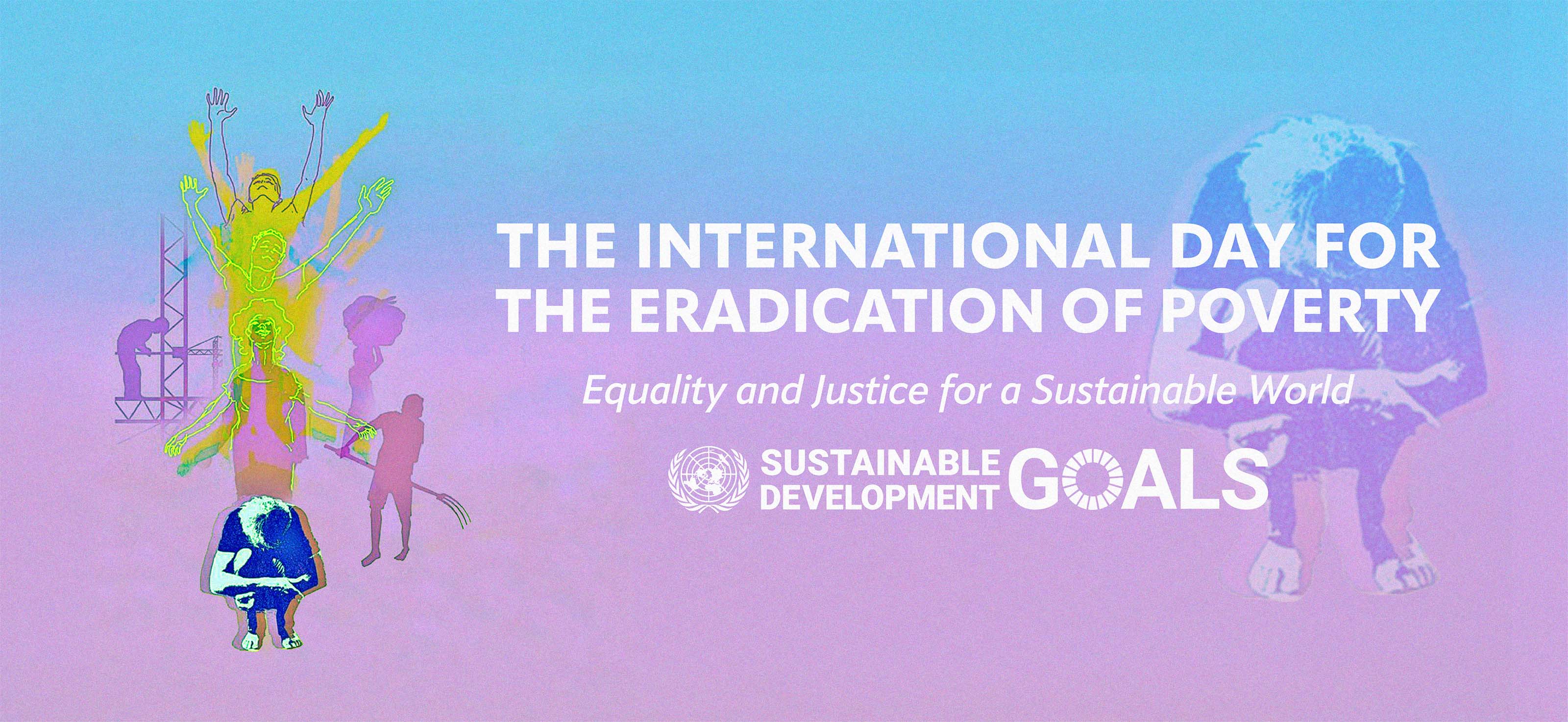
October 16 World Food Day

Sustainable Food Systems and the Challenges We Face
World Food Day, celebrated every year on October 16, provides an important opportunity to draw attention to sustainable agriculture and food access. However, today, global food systems are facing many challenges that are having a serious impact on both our environment and our societies. Food waste, unsustainable agricultural practices, climate change and biodiversity loss are just some of these issues. So what do these problems mean and how could they affect our world if they continue?
Food Waste: A Waste of Resources
One third of the food produced worldwide is wasted. This is not only an economic loss, but also creates serious pressure on the environment. Food waste causes unnecessary use of land, water and energy. According to FAO data, the amount of water used to produce the food wasted each year is equivalent to the annual flow of the Nile River. Continuing food waste at this rate could lead to a decrease in water resources and agricultural production capacities in the future. In addition, methane gas released by the rotting of wasted food is one of the greenhouse gases that accelerates global warming.
Climate Change: A Major Threat to Food Security
Agriculture is one of the sectors most affected by climate change. Changing weather conditions, droughts, floods and extreme weather events negatively affect agricultural production capacity. This situation creates serious problems in access to food, especially in developing countries. The decrease in productivity of agricultural lands leads to a decrease in food production and an increase in food prices. This threatens global food security. If urgent steps are not taken against climate change, the food production capacity of future generations may be seriously reduced.
Unsustainable Agricultural Practices and Soil Loss
Many farming methods used today are rapidly depleting soil fertility. Monocultures, excessive fertilizer use, and deforestation are causing soil erosion, making food production unsustainable in the long term. According to the FAO, approximately 33% of the world’s fertile land has been degraded in the last 40 years. If this continues, it will become increasingly difficult to find suitable land for agricultural production in the future, which could further deepen the problem of global hunger.
Decreasing Biodiversity
Agriculture and food production depend on biodiversity. However, industrial agricultural practices are rapidly reducing biodiversity. Chemicals used in agriculture are negatively impacting insects, birds and other important ecosystem players. In addition, farmers are planting fewer crop varieties, leading to reduced genetic diversity. Biodiversity is vital to keeping ecosystems healthy and agricultural production sustainable. This reduction in biodiversity could make agriculture unable to adapt to changing climate conditions in the future.
What Happens If It Continues?
If these problems are not resolved, the world is heading towards a serious food crisis. The world population is expected to reach 9.8 billion by 2050. This means that the demand for food will increase, but there is also the risk of depleting natural resources and accelerating environmental degradation. Rising food prices could put more people at risk of hunger and malnutrition. In addition, the depletion of basic resources such as water and land could lead to global conflicts and migration.
Towards a Sustainable Food System
Despite this bleak picture, it is possible to solve these problems by switching to sustainable agriculture and food systems. Steps such as organic farming, water-saving methods and preventing food waste can make food systems more resilient and environmentally friendly.
As UNIQVIBE, we also support this awareness and advocate sustainable production methods. Ensuring sustainability in both fashion and agriculture in the future is a critical step not only for today's world but also for tomorrow's world.
On World Food Day, we must draw more attention to these problems and take action together. Because food is not just a nutrient, it is one of the most important factors determining the future of the planet.



Leave a Comment
This site is protected by hCaptcha and the hCaptcha Privacy Policy and Terms of Service apply.